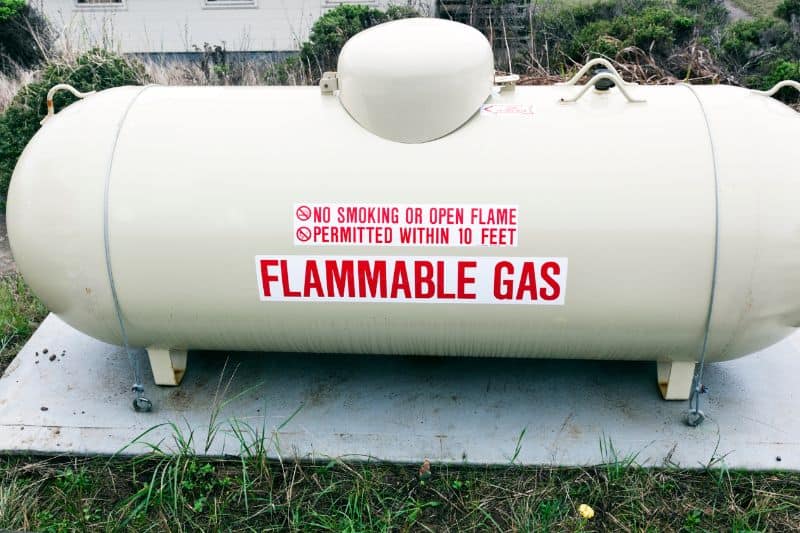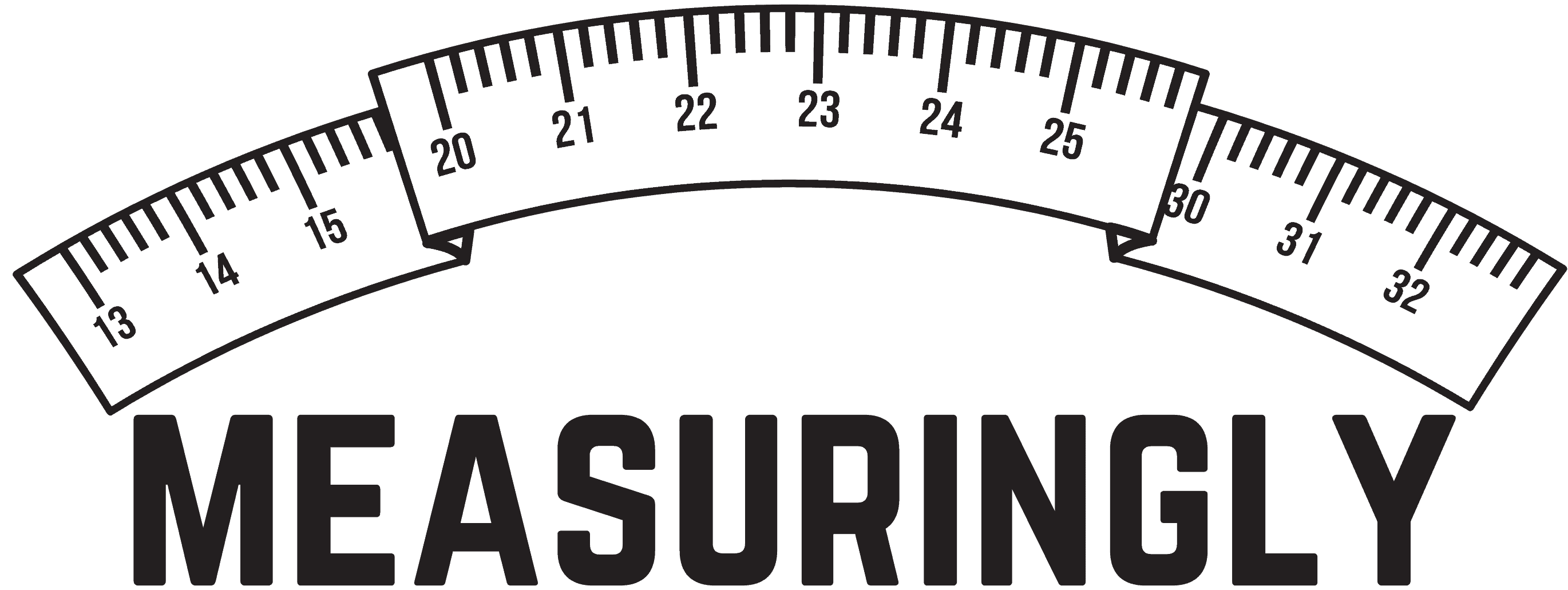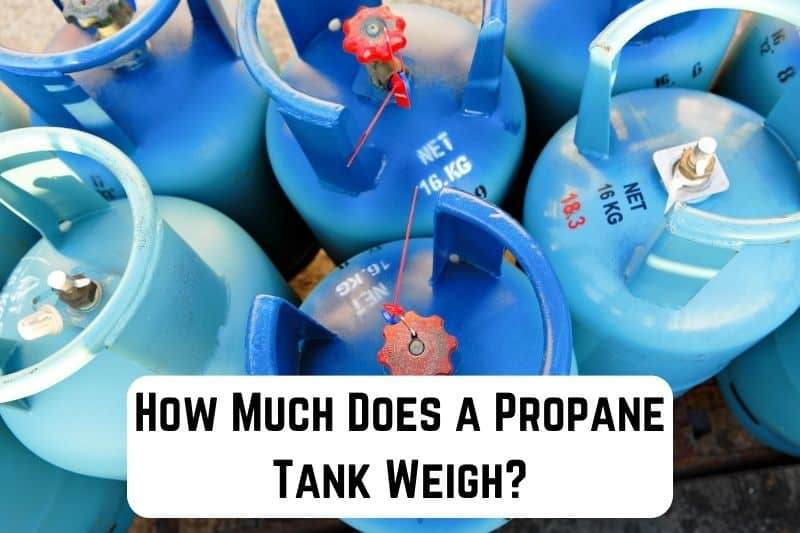When I first began using propane tanks for my outdoor grilling and heating needs, I was always curious about their weight. If you’re in the same boat, wondering how much a propane tank weighs, you’ve come to the right place. In this article, we’ll explore the weights of different propane tanks and the factors contributing to their overall mass.
I’ve compiled some essential information on the most common propane tank sizes and their empty and full weights. As we go through them, you’ll better understand the factors that affect the weight of propane tanks and how to handle them safely and efficiently.
Read: How Much Does a Cord of Wood Weigh? (Detailed Guide)
The weight of a propane tank can vary based on its size and whether it’s full or empty. A 20-pound propane tank is one of the most common sizes for home propane use. It typically holds around 4.7 gallons of propane and has a tare (empty) weight of about 18 to 20 pounds.
Understanding Propane Tanks
As someone who uses propane tanks, it’s essential to understand their various types, sizes, and capacities to make informed decisions. In this section, I will discuss the different types of propane tanks and how their size and capacity vary.
Types of Propane Tanks
There are two main types of propane tanks: ASME (American Society of Mechanical Engineers) tanks and DOT (Department of Transportation) tanks.
- ASME tanks are stationary, larger in size, and often permanently installed at a location. They’re typically used for residential and commercial applications where large quantities of propane are needed, such as heating a home or fueling a business.
- DOT tanks are smaller, portable, and commonly used for grilling, camping, or other recreational activities. They can be easily transported and refilled when empty.
These tanks can be made from steel or aluminum, and they’re built to withstand the pressure of the propane gas stored inside.
Size and Capacity
Propane tanks come in various sizes and capacities to accommodate various needs. Here’s a quick overview of standard propane tank sizes and their approximate capacities:
| Size (Gallons) | Purpose | Usage Examples |
|---|---|---|
| 5-10 | Small portable tanks | Grilling, camping |
| 20-30 | Medium-sized tanks for residential use | Home heating, cooking |
| 40-100 | Large tanks for residential and commercial | Whole-house heating, businesses |
| 500-1000 | Bulk storage tanks for commercial sites | Farms, industrial applications |
It’s important to choose the right size and capacity for your specific needs. For instance, a small portable tank would suffice if I only need propane for occasional grilling. A larger tank would be more suitable if I rely on propane for home heating.
Consult with professionals to determine the appropriate propane tank for your specific needs. Always practice proper safety precautions when handling propane tanks.
Weight of Empty Propane Tanks
There are several factors to consider regarding the weight of empty propane tanks. The size and type of the tank are the most significant factors in determining its empty weight. Let me walk you through standard propane tank sizes and their approximate empty weights.
20-pound propane tanks, or BBQ tanks, are one of the most common sizes for home propane use. They typically hold around 4.7 gallons of propane and have a tare (empty) weight of about 18 to 20 pounds.
30-pound propane tanks hold approximately 7.1 gallons of propane. These tanks are often used in RVs and campers. The tare weight for a 30-pound tank is around 24 to 25 pounds, making them slightly heavier than the 20-pound tanks.
40-pound propane tanks have a capacity of about 9.4 gallons. The typical tare weight for these tanks is 29-30 pounds. These tanks are used in various residential and commercial applications.
100-pound propane tanks are highly popular for larger residential or commercial uses. These tanks can hold roughly 23.6 gallons of propane, with a tare weight of around 70 pounds.
To give a clearer picture, here’s a table summarizing the approximate empty weights for different propane tank sizes:
| Tank Size | Propane Capacity (in gallons) | Tare Weight (in pounds) |
|---|---|---|
| 20 lb | 4.7 | 18-20 |
| 30 lb | 7.1 | 24-25 |
| 40 lb | 9.4 | 29-30 |
| 100 lb | 23.6 | 70 |
One important note, when dealing with propane tank weights, is to consider the total weight of the tank, including the propane inside. To calculate this, you can simply add the weight of the propane itself (which is around 4.24 pounds per gallon) to the tare weight.

Weight of Filled Propane Tanks
As I started researching propane tank weights, I discovered a variety of propane tanks available in different sizes and shapes. This means that the weight of a filled propane tank can vary depending on its size and capacity. To give you an idea of how much a filled propane tank might weigh, let’s look at some common propane tank sizes.
The most common residential propane tank size is the 20-pound (5-gallon) tank. When filled, it can weigh approximately 32 to 36 pounds. These tanks are typically used for grilling, outdoor heaters, and other small appliances.
Another popular size is the 33-pound (7.9-gallon) forklift propane tank. When filled, these tanks weigh approximately 56 to 60 pounds. As the name suggests, these tanks are commonly found attached to forklifts in industrial and warehouse settings.
Larger residential and commercial tanks include the 100-pound (23.6-gallon) propane tank and the 420-pound (100-gallon) propane tank. A filled 100-pound tank weighs around 170 to 180 pounds, while a filled 420-pound tank can weigh a hefty 675 to 725 pounds.
Please note that the weights provided above include both the weight of the propane and the weight of the tank itself. The actual weight of a filled propane tank can vary slightly depending on the tank’s manufacturing specifications.
With this information, I hope you better understand how much different propane tanks weigh when filled.
Factors Affecting Propane Tank Weight
Materials Used
When I consider the weight of a propane tank, the materials used in constructing it play a significant role. Generally, propane tanks are made from steel or aluminum.
Steel tanks tend to be heavier than aluminum tanks of the same size, mainly because steel has a higher density. However, the thickness of the tank’s walls can also influence the overall weight. Thicker walls provide more durability and safety but add to the tank’s heaviness.
Usage and Fuel Consumption
Another aspect that affects the weight of a propane tank is how much fuel it’s holding. When the tank is empty, it only weighs the amount of the material itself, plus any valves and connections.
Read: How Much Does a Book Weigh? (Detailed Guide)
As it gets filled with propane, its weight increases. Remember that propane is measured in gallons or pounds; its weight will depend on the tank’s capacity and full capacity.
For instance, let’s examine a common 20-pound propane tank:
- Empty tank weight (also called tare weight): approximately 18 pounds
- Full tank weight (with 20 pounds of propane): around 38 pounds
So, when using my propane tank, it’s crucial to monitor the fuel consumption better to understand the tank’s weight at any given time. The usage pattern, such as the kind of appliances connected to the tank and how often they’re used, will impact the remaining fuel in the tank and, consequently its weight.
Frequently Asked Questions
What is the weight of an empty 20 lb propane tank?
When empty, a 20 lb propane tank usually weighs around 18-20 pounds. This weight, known as the “tare weight,” is indicated on the collar of the tank as the letters “TW” followed by a number. So, if the TW number is 18, the empty tank weighs 18 pounds.
How heavy is a 30 lb propane tank when full?
A 30 lb propane tank weighs approximately 55-58 pounds when full. The actual weight can vary slightly depending on the tank’s tare weight. To find the total weight, simply add the tare weight to the weight of the propane itself (about 30 pounds).
What is the weight difference between an empty and full propane tank?
The weight difference between an empty and full propane tank lies in the weight of the propane itself. As propane weighs about 4.2 pounds per gallon, a 20 lb propane tank will hold around 4.7 gallons, making the weight difference approximately 20 pounds. Similarly, for a 30 lb tank, the weight difference would be around 30 pounds.
What’s the weight of a 1000-gallon propane tank?
A 1000-gallon propane tank can weigh around 1,800-2,000 pounds when empty and approximately 8,300-8,500 pounds when full. Remember that propane weighs about 4.2 pounds per gallon, so when filled, the tank contains approximately 7,500-8,000 pounds of propane, with the remaining weight being the tank itself.







